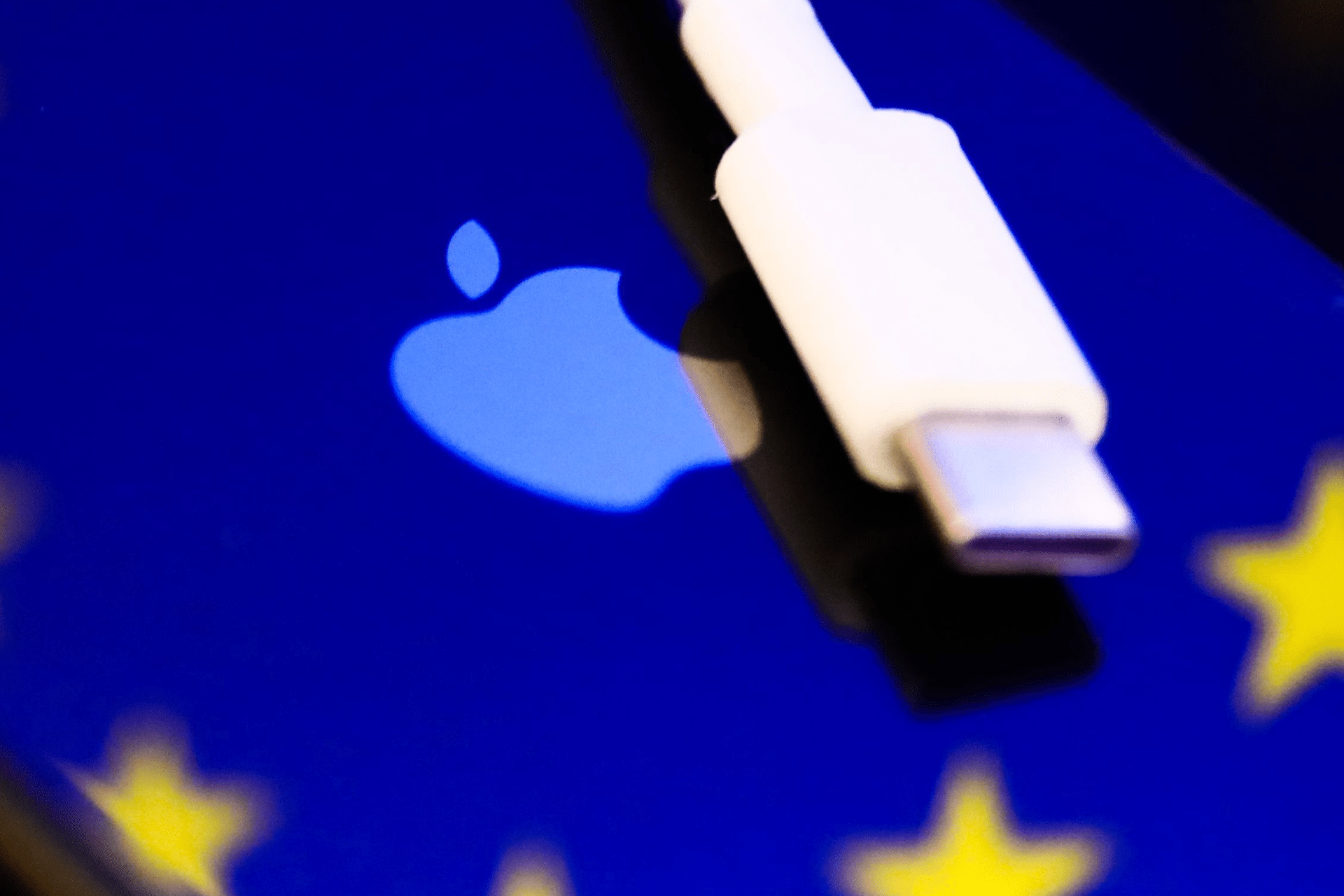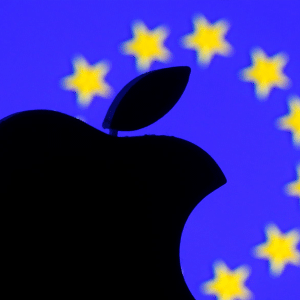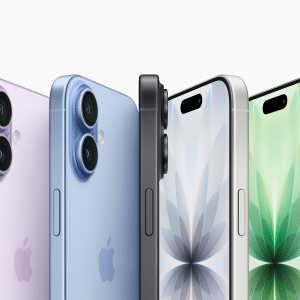Apple’s confrontation with the European Union over digital competition rules has escalated into a sharp public exchange, with both sides accusing the other of undermining consumer interests. The tension centers on Apple’s compliance with the Digital Markets Act (DMA) — a sweeping law that forces major tech companies to open their platforms to rival services and app stores.
The dispute reignited after European Commissioner Thierry Breton accused Apple of “creating unnecessary friction” and failing to comply in good faith with the DMA’s requirements. In response, Apple issued a pointed statement describing the EU’s approach as “intrusive” and “burdensome,” claiming that the new rules could weaken user security and privacy protections that have long defined its ecosystem.
At the heart of the debate is a fundamental clash over what the DMA should achieve: the EU insists on greater consumer choice and competition, while Apple maintains that forced openness endangers the integrity of its products.
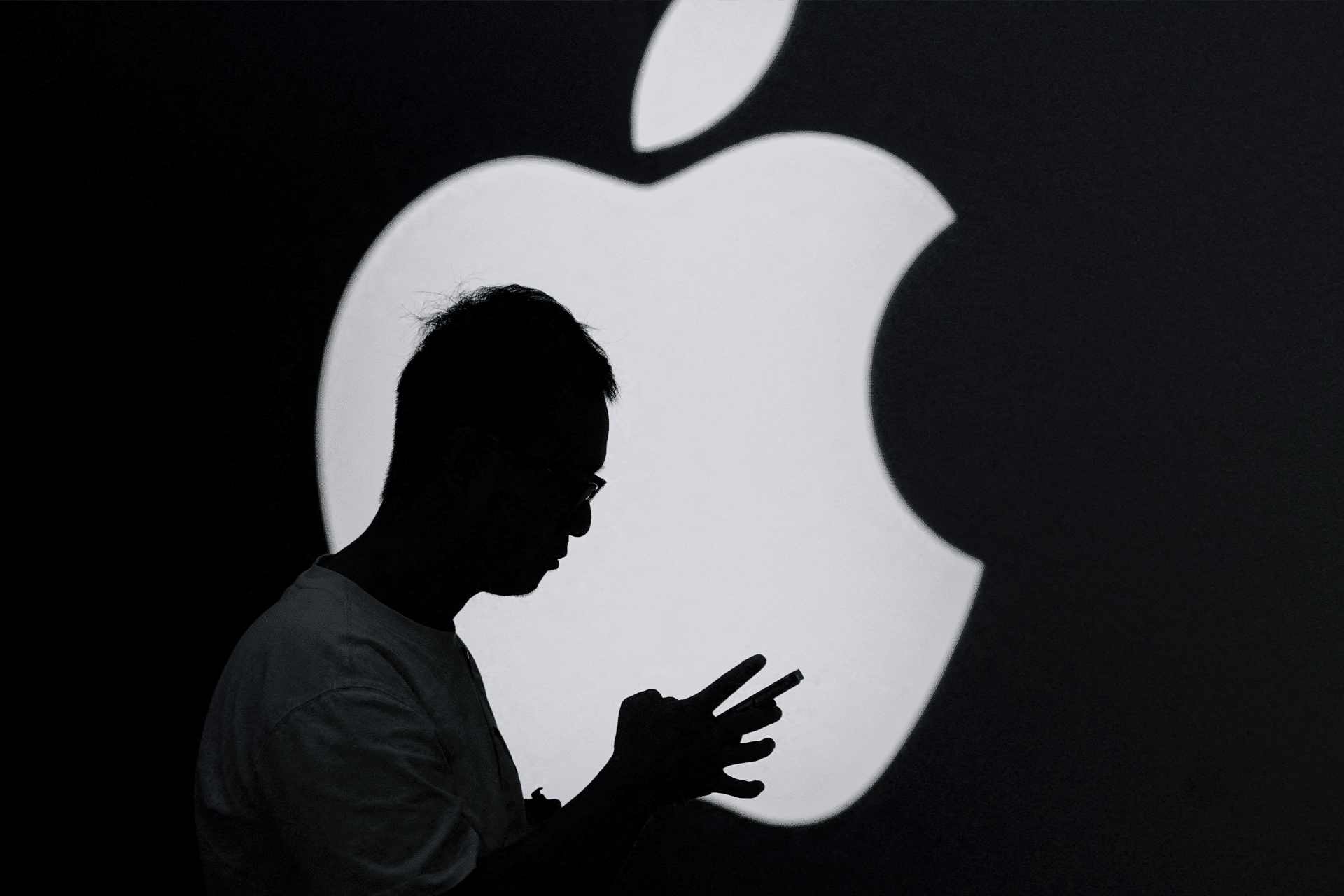
Regulatory Pressure Intensifies in Brussels
The European Commission has increased scrutiny of Apple’s implementation of third-party app distribution in the EU, questioning the company’s new fee structure for developers and the technical limitations imposed on alternative app stores. Regulators argue that Apple’s policies may be designed to discourage adoption rather than comply with the spirit of the law.
In recent weeks, Commission officials have suggested that Apple could face additional penalties if the company’s approach fails to meet DMA standards. These potential fines would come on top of ongoing investigations into App Store practices, which have already resulted in significant financial sanctions in prior years.
Apple, however, insists that its compliance plan meets legal requirements and that any restrictions serve a legitimate purpose: protecting users from malware, data harvesting, and other risks associated with sideloading apps outside the App Store. The company points to its long-standing security track record as evidence that a controlled environment benefits consumers.
Privacy and Platform Integrity
In its statement, Apple reiterated that user safety is the foundation of its platform philosophy. The company argues that mandatory interoperability — a key demand of the DMA — undermines end-to-end security by introducing unverified software sources and weakening system protections.
“Security and privacy are not tradeable features,” Apple’s representatives said. “We have built our products to provide both freedom of use and peace of mind. Opening iOS to uncontrolled distribution would compromise both.”
Apple also emphasized that developers now have multiple distribution paths under the new EU framework, including its own verified marketplace model that balances openness with accountability. Still, many European regulators and developers remain unconvinced, arguing that Apple’s so-called flexibility maintains too much control through technical and financial barriers.
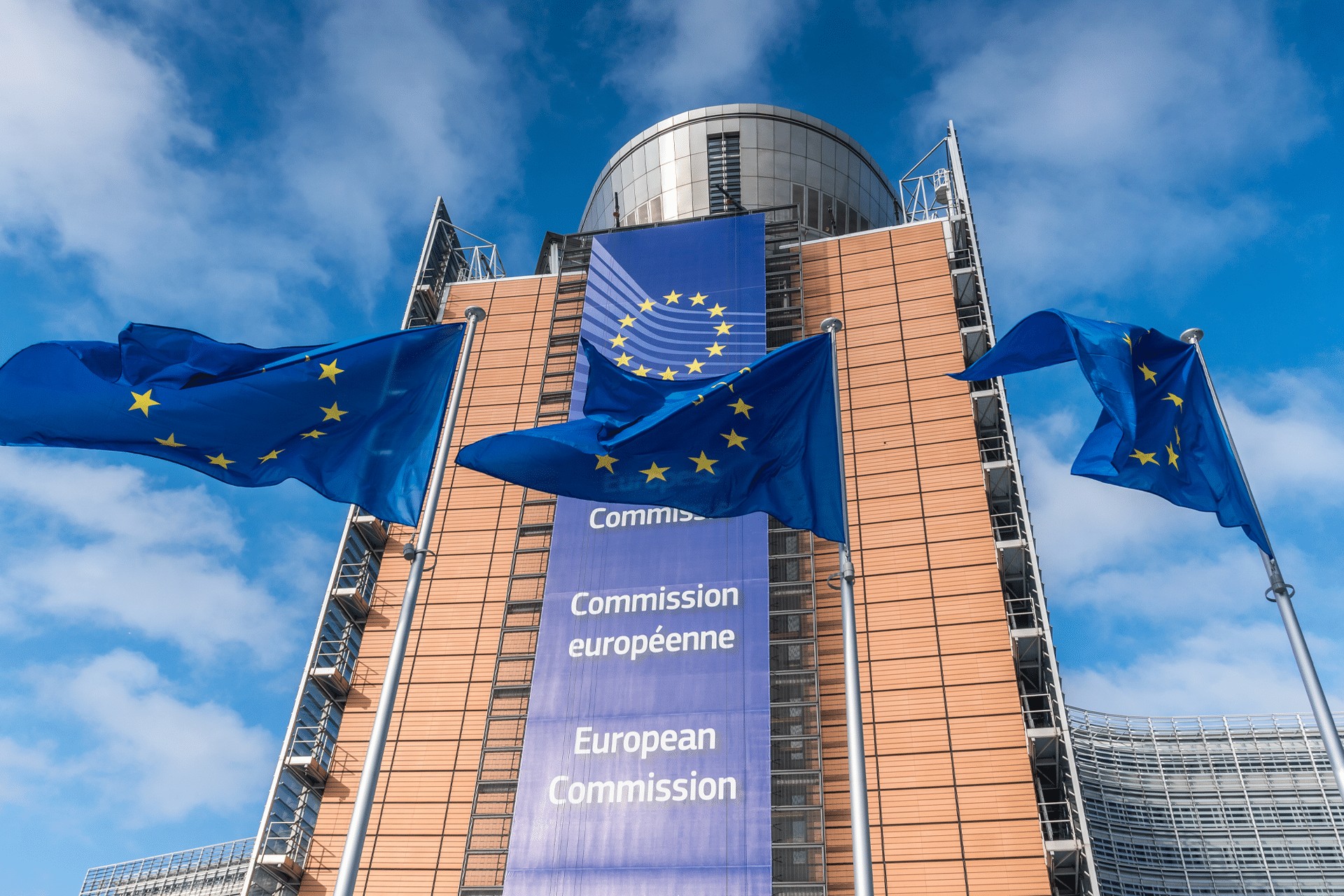
Competition and Consumer Choice
EU officials maintain that Apple’s resistance reflects a broader reluctance to accept meaningful competition within its ecosystem. By requiring interoperability and multiple app store options, the DMA aims to reduce the dominance of “gatekeepers” that control digital access points — a category that explicitly includes Apple.
Commissioner Breton has repeatedly stated that the goal is not to dismantle Apple’s ecosystem, but to ensure fairness in how it operates. “What we want is simple,” he said in Brussels last week. “European users deserve real choice and developers deserve fair access.”
This tension highlights the broader challenge of regulating global technology companies whose products have become integral to everyday life. While the EU seeks to reshape the digital landscape through legislative force, Apple continues to defend its integrated approach as a matter of user trust and product integrity.
A Precedent for Global Regulation
The ongoing dispute carries implications beyond Europe. Observers in the United States and Asia are closely watching how the EU enforces compliance under the DMA, viewing it as a potential model for future regulation of major tech platforms.
If Apple’s interpretation of the law is ultimately rejected, it could force the company to redesign its operating systems and business models more deeply than ever before. Conversely, if Apple’s position holds, it could set limits on how far governments can go in mandating platform openness.
Either outcome will likely redefine the balance between innovation, privacy, and competition across the global tech industry — a debate in which Apple, once again, finds itself at the center.
